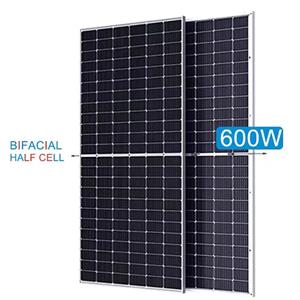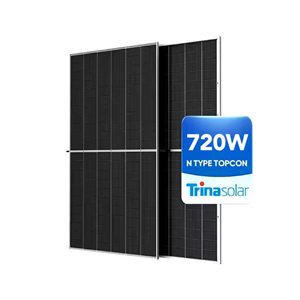New PV policy for 2025? You can't grab the goods even if you have money
Nasdaq-listed ReNew Global Energy Plc (“ReNew”) has recently become the focus of a global competition for capital – a consortium comprising Abu Dhabi Capital Middle East (Masdar, a subsidiary of the Abu Dhabi Investment Authority (ADIA), the Canada Pension Plan Investment Committee North America (CPP Investments), and the company’s management. The final, non-binding acquisition proposal, scheduled for October 10, 2025, is set to be valued at $8.15 in cash per share, acquiring all issued and intended shares held by non-consortium companies. This proposal not only significantly increased the price but also sparked intense market debate about the possibility of its divestment and the rationale for capital allocation. The “Revised Proposal” represents a clear divestment from the original proposal of December 10, 2024, increasing the share price by $1.08 from the initial price. This represents a 15.3 percent increase, a relatively rare range in transnational mergers and acquisitions. This reflects the consortium’s urgent need for the acquisition to succeed. (a) Further unbundling of the pricing logic, highlighting the offer premium over two key market prices: a 28.5% premium to the closing price of $6.34 per share on December 10, 2024 (prior to the initial proposal announcement); and a 41.5% premium to the 30-day volume-weighted average share price on the same day, $5.76 per share. This high premium reflects the value of ReNew's assets and signals the consortium's optimistic outlook for future profitability. The capital structure behind this acquisition is highly representative – the Middle East firm (Masdar and ADIA) has partnered with long-term institutional investors in North America, including the company's founders, to form a cohesive acquisition model of "industrial capital + financial capital + management." Among these factors, ADIA is one of the world's largest sovereign wealth funds, focusing on assets with high stability and long-term growth. On the other hand, long-term North American institutional investors have opted to join ReNew, looking at its leading position in the Indian clean energy market and its potential for cash flow stability. The acquisition proposal has been accompanied by market speculation about a possible delisting of ReNew from Nasdaq. External analysts believe that delisting would have a dual effect: On the one hand, companies could eliminate the stringent regulatory compliance costs in the US market (such as the requirements of the Sarbanes Act), but at the same time, they would lose the possibility of equity financing on the US stock market. On the other hand, after delisting or shifting to the domestic Indian market, ReNew could seek to revalue itself. Thanks to its position as the second-largest clean energy developer in India, it is expected to receive a higher valuation premium. At the same time, deep Middle Eastern capital involvement could open up financing channels for ReNew in the Middle East, potentially funding for its development.




